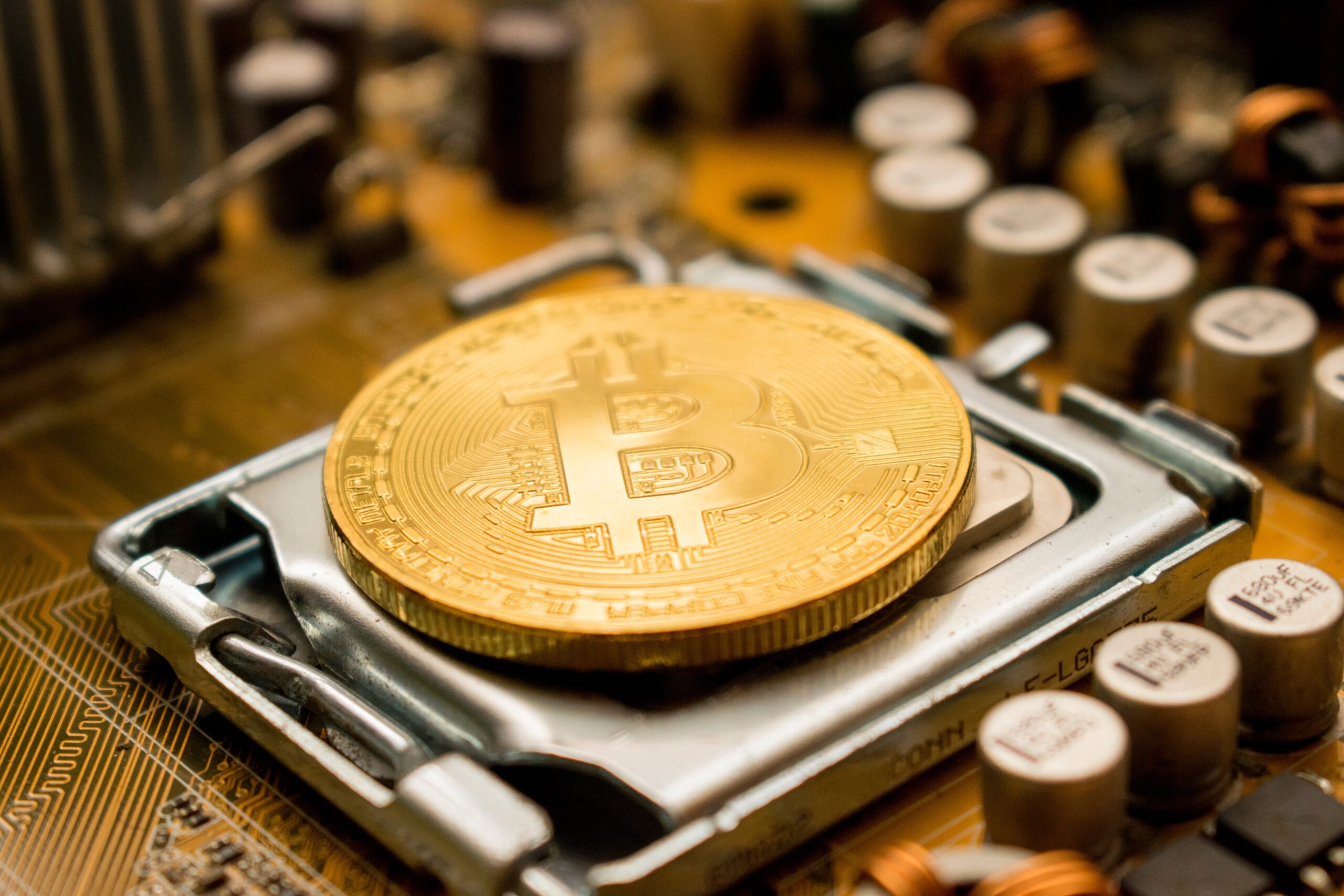Depending on what kind of inflation and to what degree makes answering this question a bit more involved than just a yes or no response.
Inflation to most people means the increase in the prices of the things we buy. Why it happens and to what degree it occurs requires we take a little trip through our economic schoolbook.
One might describe inflation as either the fear your dollar will lose value (think Mexican Peso) or something will soon rise in price making it more expensive (think home prices in the mid-2000s).
We could add a third definition by saying that in lieu of thinking something could cost more later, as in the above home prices example, one could also describe it as the hope something will be worth more later (think Bitcoin) hence turn the owner a profit. A rising bitcoin price is just another form of inflation in the truest sense of the word.
No matter what view applies to your perception of inflation, the concept centers around the same event: a change in price.
Inflation can have many causes, and without getting too deep into the weeds, just know the most common type of inflation is monetary (think money) inflation. This type of inflation can be the most insidious and dangerous type, but it is also a type of inflation that can usually be prevented if there is a will to do so.
Simply put, print a lot of paper dollars in a relatively fast amount of time and put those dollars into circulation and you will likely get monetary inflation. All three conditions must be present to see monetary inflation.
Printing a lot of dollars means just that: creating dollars without regard to restraint.
The timeframe that this printing is accomplished is also a contributing factor. Print copious amounts of currency over centuries and inflation won’t likely be an issue. However, print a lot of dollars quickly and the second part of the monetary inflation equation is complete. The third part of the equation is the circulation of the newly created dollars. Burying newly created currency in the ground so no one can use it will cause no inflation. The money has to circulate and be used by people in the economy to cause inflation.
Eliminate or avoid any of the three conditions (quantity, timeframe, or circulation), and monetary inflation will not occur. Do all three and monetary inflation will eventually occur.
Most people can conceptualize monetary inflation when the Mexican Peso is mentioned, and rightly so. Although many will not be able to put their finger on the exact mechanism of the Peso event, most will grasp the general economic principle at work. The Mexican government printed too many Pesos. They did it over a relatively short amount of time, and the Pesos were distributed and used in the economy by the Mexican people.
Fast forward to the U.S. 2008/9 bailout period. Most analysts expected inflation due to the trillions of dollars created that were used in the bailouts.
We did see some inflation in certain asset areas but for the most part, prices remained stable and actually fell in other areas. What was missing in the three-part monetary equation was the circulation variable.
In 2008/9, most of the trillions went into the banking system and not to the average everyday consumer. The banking sector dumped questionable loans (think mortgages) onto the backs of the U.S. Federal Reserve Bank (FED) in exchange for cash. The cash then paid off some of the banks’ bad debt and enabled them to continue to function. What is not widely known however is that a good portion of the money was given right back to the FED in exchange for interest payments in a program called Excessive Reserves.
So to be clear, the Fed gave money to the banks, then the banks gave much of that money right back to the Fed and got paid to do so.
Hence, much of the newly created FED money never made it into the hands of the consumer and subsequently into circulation. It came right back to the coffers of the FED. Since this money did not circulate, there was little to no monetary inflation.
This time around, the CoVid-19 bailouts have about half of the money going to consumers and businesses. Although trillions will continue to flow to the financial sectors (causing inflation in stock prices), much of this new money will go into public circulation.
That said, it is in this analysts opinion, inflation is on its way.
Opinions expressed here are those of Mr. Cuniberti and not those of any bank or investment advisory firm nor any media outlet. For a list of the services offered by Mr. Cuniberti, call (530)559-1214. California Insurance License #0L34249 and Medicare Agent approved.
Photo by Dmitry Demidko on Unsplash


